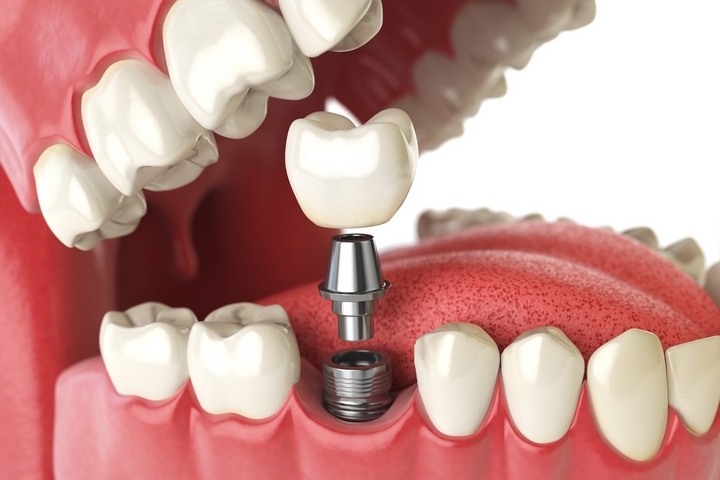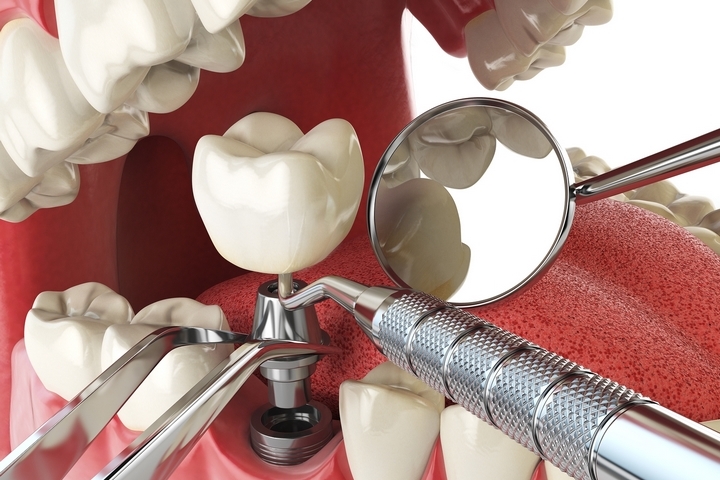When someone meets you, one of the first things they notice is your teeth. For this reason, it is common for people to do everything that they can do make their teeth look great. For people that are missing teeth or need dental work that will necessitate the removal of teeth, two common choices are either dentures or dental implants.
Since dental implants look and feel more natural, and do not require any special methods to look after them, they are the more popular choice. However, just because it may have been easy to settle on dental implants does not mean that there are not other things to think about before getting them. Below are factors to consider when choosing dental implants and being mindful of them will ensure you are happy with your choice.
1. Type of implant

While the dentist that you visit will make the choice of what dental implant is best for you and make a recommendation, you still may have a choice as long as it is suitable so it is beneficial to know what each type of implant entails.
Endosseous implants are shaped like a screw and are made of either metal, ceramic, or both. This type is inserted directly into the jawbone, making the implant feel more like your natural teeth. Transosteal implants are U-shaped and pass through the jawbone and gum line. Subperiosteal implants are metals frames that are placed on top of the jawbone but beneath the gums.
The dentist will base a decision on how much bone is available to accommodate the implant.
2. Caring for them

While dental implants are admittedly not your natural teeth, this does not mean that they do not need proper and ongoing care. To avoid costly replacements and ensure your implants last for the rest of your life, regular brushing and flossing is required. Studies have shown that there are no significant differences between manual, electric, or sonic toothbrushes but the implants need to be brushed at least twice daily to make sure they are clean and free of plaque. Whatever brush that is used, it should be soft and low-abrasive to prevent damage to the surface of the implant.
In regards to floss, unwaxed or products specifically designed for implants should be considered. Mouthwash and water flossers are also recommended for hard to reach areas and treat inflammation of the gums. While cleaning the implants may not be too much more onerous than what you would do with regular teeth, it is important to note that they should not be neglected.
3. Risks

While dental implants are beneficial and have the potential to greatly improve your quality of life, they do not come without risks and you should be aware of them before making a decision. When implants are being placed, anesthetic must be given to the patient and this can result in complications ranging from minor nerve injuries to stroke or heart attack. Receiving dental implants can also result in temporary side effects such as gum inflammation, swelling, and speech problems.
Longer-term, more serious effects can include bone loss, gum overgrowth, or bacterial infections in the mouth. While these problems are rare it is beneficial to remember that they could occur during the process of dental implantation.
4. Smoking

A dentist will refuse to fit dental implants unless the patient is a good candidate and one issue that will probably disqualify you is if you smoke cigarettes. Smoking can cause complications when the implants are attempting to fuse to the bone and can cause bacteria to form that will harm them.
A dentist will either insist that you quit smoking before implants are placed or they may place them with the understanding that you will stop smoking for the duration it takes for the implant to fuse to the bone which is typically 9 months.

